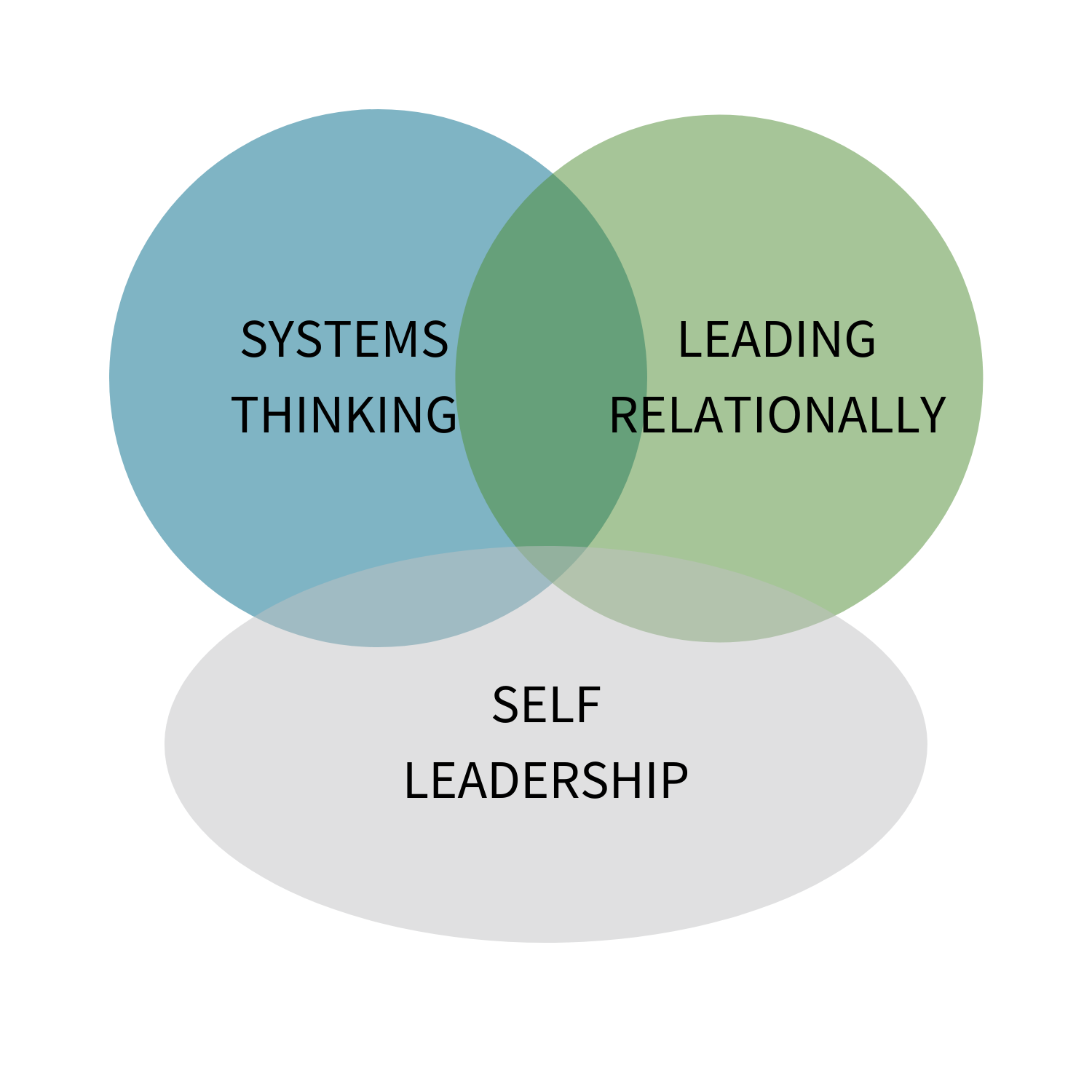
Real progress emerges in the magical space created when knowledge and structure combine with the heart-led efforts of people committed to change.
COMPASSION
Compassion arises when you are confronted with another’s, or your own suffering and are motivated to relieve that suffering. Compassion implies an openness to notice our own and others discomfort or suffering. It acknowledges our essential sameness: our common humanity. Compassion implies the capacity to empathize deeply with this suffering, to realize that it is completely the same in nature to our own or loved-ones suffering: our experiences of suffering connect us as humans. Compassion goes beyond empathy to a willingness and commitment to act in some way to alleviate suffering. From a place of compassion for ourselves and others, our actions (and the intention behind them) influence not only ourselves and the individuals we work directly with, but also the entire system.
SYSTEMS THINKING
Systems are comprised of a series of inter-dependent and interconnected components. Systems thinking is a shared language and a way of thinking. Systems thinkers use a common set of tools and practices. When we are systems thinking, we embrace the complexity and adaptiveness of problems rather than the pervasive reductionism of our Western culture whereby simple answers to complex questions are often sought.
LEADERSHIP
Leadership has a variety of etymological roots and meanings: to go forth, to travel, to cause to go with, to step across the threshold. We have drawn from these in our use of the word leadership. We see leadership as a process and way of being, rather than a role or position of power. We have based our work on the assumption that leaders exist at all levels of an organization, in communities and in every family. Creating systemic change requires that leaders at multiple levels go forth together.
CORE CAPACITIES OF COMPASSIONATE SYSTEMS LEADERSHIP (CSL)
The CSL approach comprises an integrated framework for the development of capabilities and knowledge that strengthen the capacity of individuals and collectives to effectively progress systems change initiatives. CSL builds skills and practices in three interconnected domains: personal mastery, reflective or generative interactions and systems thinking. CSL draws on practices that are effective in building individual insight and well-being and extends them to include the strengthening of interpersonal relationships while deepening the understanding of how the whole system contributes to outcomes.


